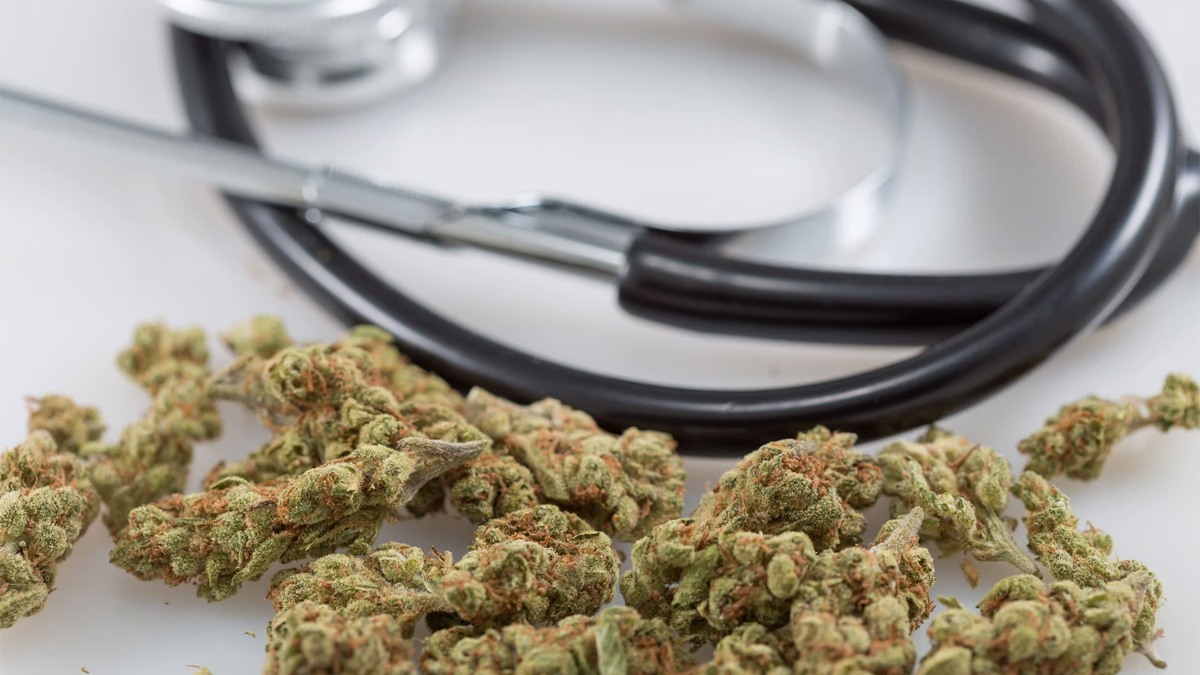Photo courtesy of Carlos Gracia.
“Schedule III will not lift all barriers to research, but it may contribute to the advancement of urgently needed research, which should be prioritized and vigorously pursued.”
By Shawn Hauser, Vicente LLP
The Drug Enforcement Administration’s (DEA) decision to reschedule cannabisrepresents a historic and critically important shift in U.S. drug policy. By moving cannabis from Schedule I to Schedule III of the federal Controlled Substances Act, the U.S. government is finally (and officially) recognizing the efficacy and safety of cannabis for medical use.
There are valid and important reasons why Schedule III is not the most appropriate classification for cannabis. It does not achieve imminently needed criminal justice reforms; state-regulated cannabis activities remain federally illegal; and some barriers to research and effective regulation remain. A strong case can be made that cannabis, like alcohol, should not be included in the drug schedules. There are also reasons to believe that “descheduling” was not in the realm of possibility in this administrative process and that rescheduling will hasten the route to that goal.
Rather than debating what the federal government could have or should have done, let’s take a closer look at what it is doing and why it matters. Specifically, let’s look at its implications for medical patients and the enduring impacts that will come from the federal government officially acknowledging cannabis’s medical value.
Legitimacy in the Medical Community
Despite evidence of medical cannabis use dating back thousands of years, a growing body of promising research and doctors recommending medical cannabis in 38 states where it is legal under state law, cannabis has spent the last 50 years on Schedule I—which is reserved for substances with “no currently accepted medical use and a high potential for abuse.” Recognition of cannabis’s medical benefits has grown considerably in recent years, but it remains less accepted and less understood than many other medications and treatments.
The endocannabinoid system is not typically included in American medical school curriculums, despite being the largest neurotransmitter system in the body, with critical importance to its function. A lot of physicians will not recommend medical cannabis because they fear legal or professional repercussions, including many in states with medical cannabis programs. Even when doctors do recognize cannabis as a potentially valuable treatment, most are not equipped to fully utilize it.
In Schedule III, cannabis is deemed to have an accepted medical use in treatment and relatively low potential for abuse. This legitimization could be transformative for the medical community and its role in advancing medical cannabis, inviting engagement and shifts in public opinion by doctors, universities and medical institutions. Paired with some loosened requirements for research and the potential for additional capital (which are discussed further below), this should result in more studies on product formulations, dosage and modes of administration. It may also reduce stigma and alleviate physicians’ concerns about recommending it or learning about its benefits.
To be clear, Schedule III does not allow cannabis to be dispensed at neighborhood pharmacies and sold through interstate commerce, as these avenues are limited to Food and Drug Administration (FDA)-approved drugs. To date, FDA has approved only one cannabis-derived drug (Epidiolex), along with three synthetic cannabinoid-based drugs for specific conditions. Cannabis sold in state-legal dispensaries will remain in clear violation of federal law. For over a decade, however, DEA and FDA have not interfered with state cannabis programs, which is a testament to the relative safety of marijuana when it is regulated responsibly.
Opportunities for Research and a New Standard for Medical Use in Treatment
Marijuana’s Schedule I status and unreasonable DEA policies that stemmed from it made it nearly impossible (by design) to conduct the standard of research that proves the medical efficacy and safety of cannabis. For decades, DEA has denied petitions and ignored mountains of compelling evidence, often citing the lack of scientific evidence that it was overtly blocking.
President Biden’s strong directive to expeditiously review the scheduling of cannabis provided the force necessary to spark a review by HHS and DEA that applied more reasonable standards when considering whether cannabis has accepted medical use. Remarkably, they considered state data in determining whether cannabis has accepted medical use.
This evolved standard also holds promise for the development of cannabis-based medicines. Rates of innovation and consumer demand in both pharmaceutical and more raw forms of cannabis indicate a place and need for both. A “regulate cannabis like alcohol model,” preserving the FDA drug pathway while providing a framework for adult-use products (as proposed in the STATES 2.0 Act), would support this.
Existing research indicates cannabis holds tremendous promise for a wide range of medical and therapeutic uses, including pain and opiate use disorders, which have reached epidemic levels in recent years. Yet clinical trials are limited in comparison to other treatments. Schedule III will not lift all barriers to research, but it may contribute to the advancement of urgently needed research, which should be prioritized and vigorously pursued.
Momentum Toward Ending Prohibition
Given marijuana’s relatively low potential for abuse, Schedule III is likely the best outcome that could have resulted from this historic administrative reclassification process. Rather than thinking of it as not going far enough, it should be viewed as a significant shift for medicine and a key stepping stone to the ultimate solution of descheduling, which is required to achieve criminal justice reform, social equity and a regulatory model appropriate for cannabis. The removal of cannabis from the purview of 280E and likelihood to attract investors will free up industry capital that is needed to fund research and further reform efforts to achieve this.
By establishing the legitimacy of cannabis as medicine and more materially engaging the industry and medical community, we can more effectively persuade and influence legislators and leaders across the political spectrum.
Rescheduling to Schedule III is neither the perfect nor final solution. It does, however, finally and officially recognize the medical efficacy of cannabis, which has dramatic and long-term societal impacts for medicine, patients and the industry.
Shawn Hauser is a partner at Vicente LLP, where she co-chairs the firm’s Hemp and Cannabinoids Department and serves as a leading member of the firm’s psychedelics and emerging therapies practice.
Marijuana Moment via (https://www.marijuanamoment.net/rescheduling-cannabis-shifts-the-paradigm-by-finally-recognizing-its-medical-value-op-ed/)
Keep out of reach of children. For use only by adults 21 years of age and older.










